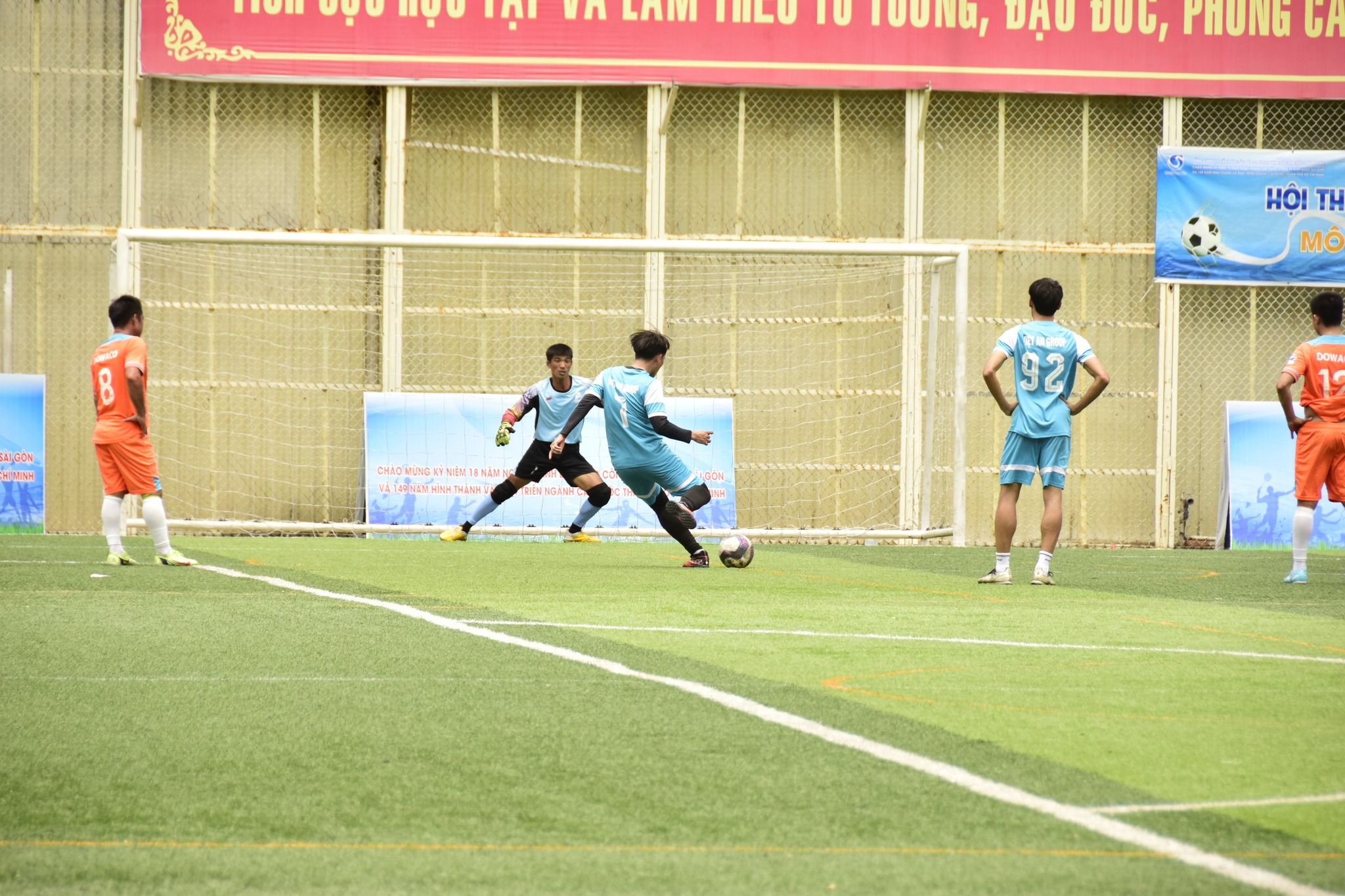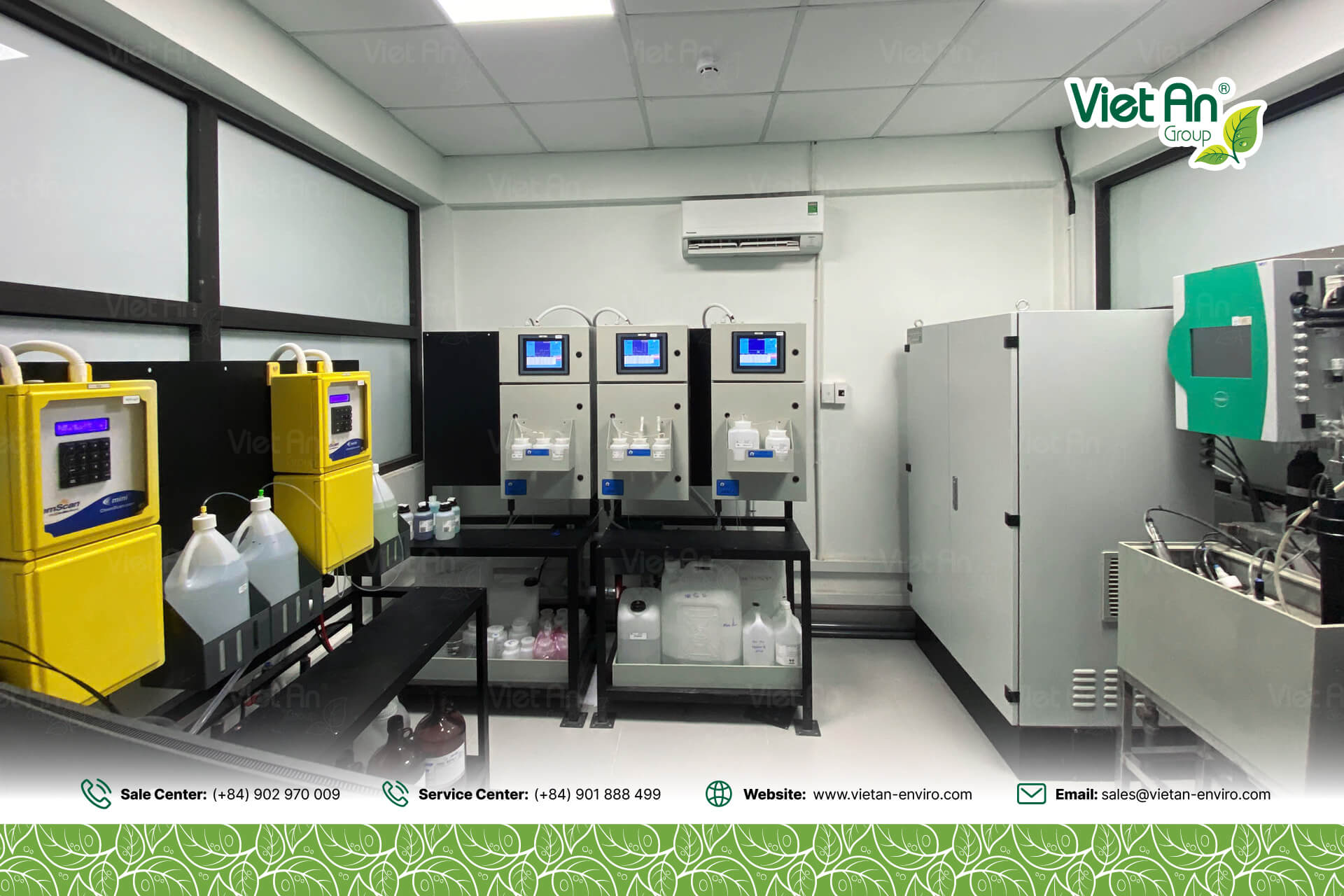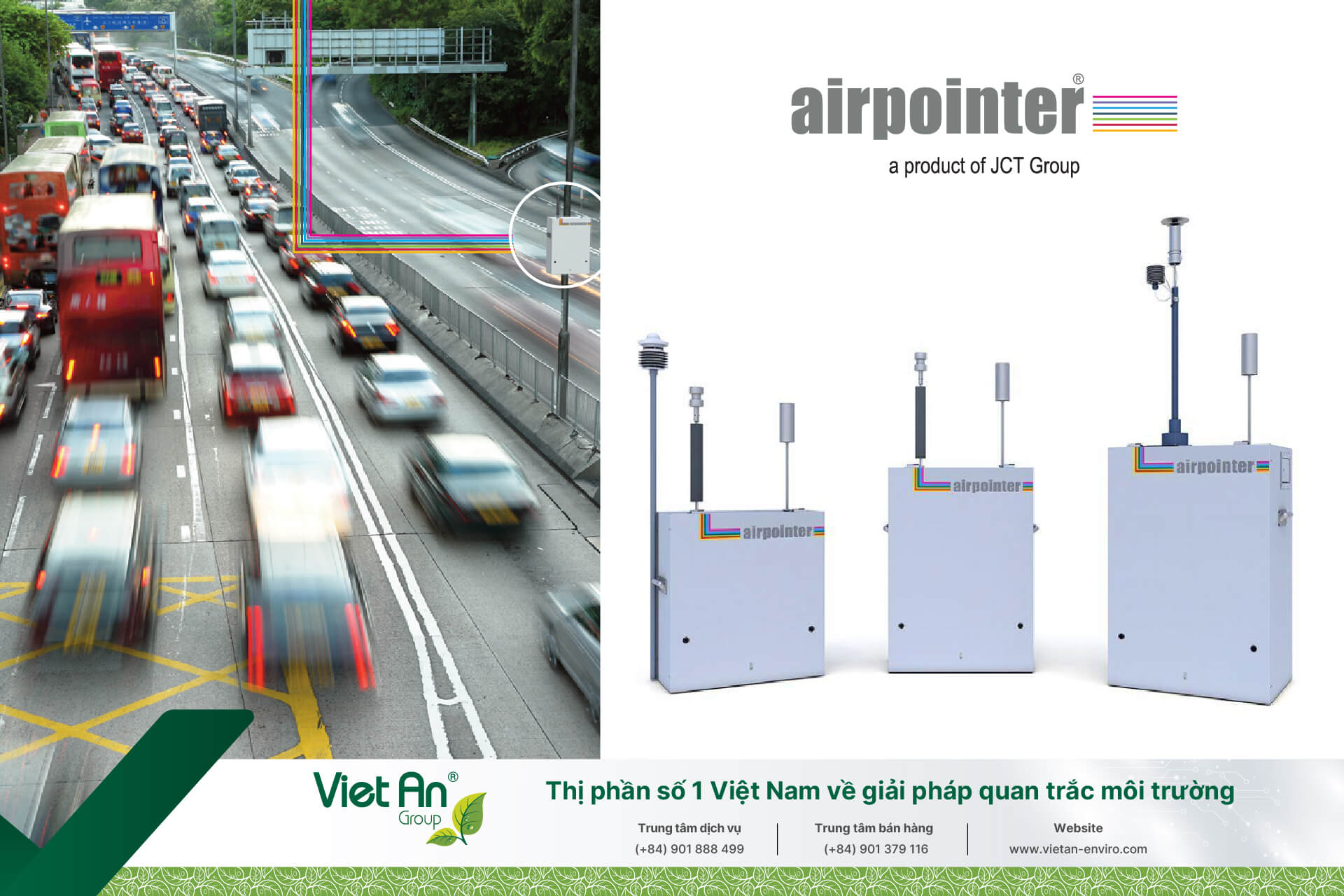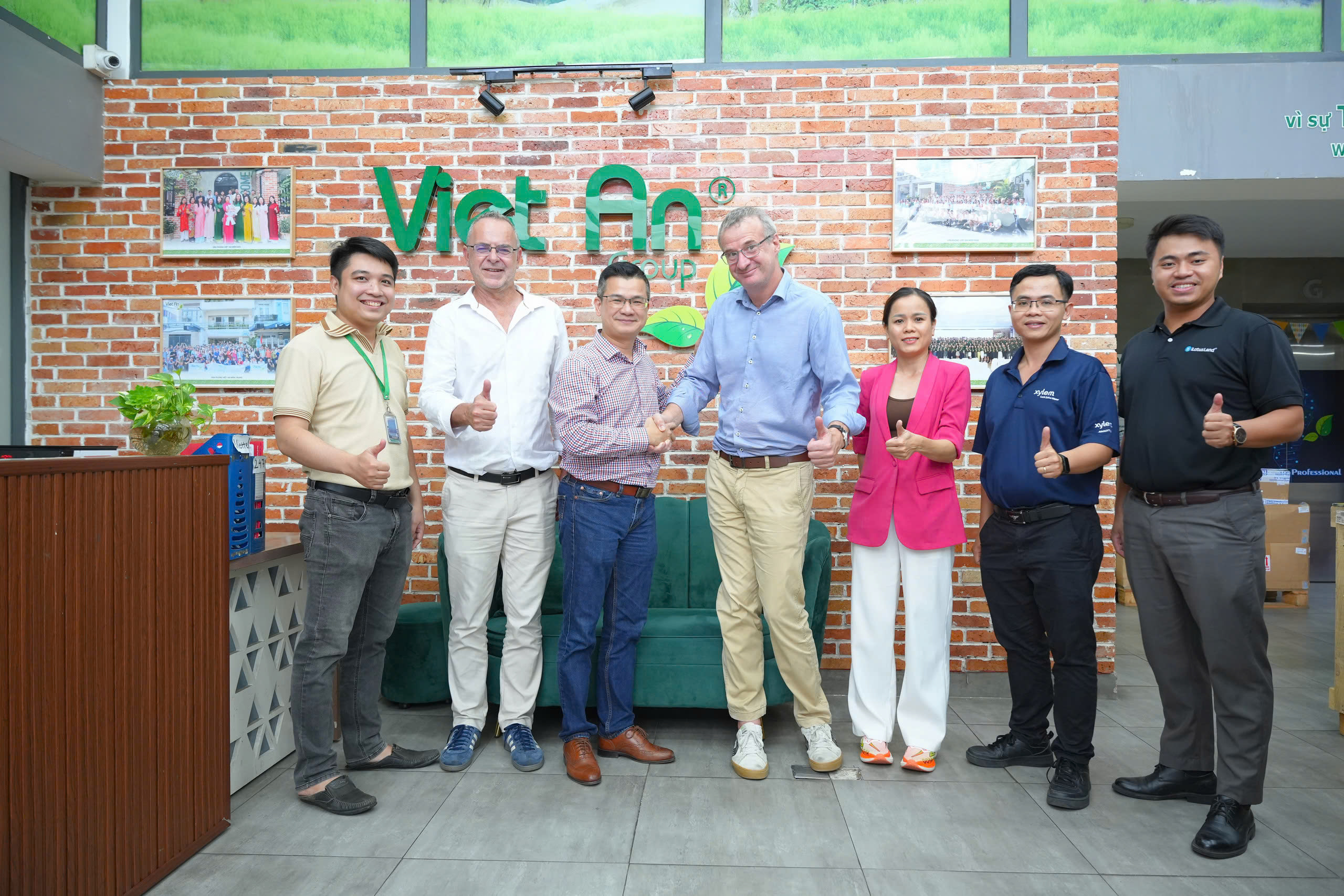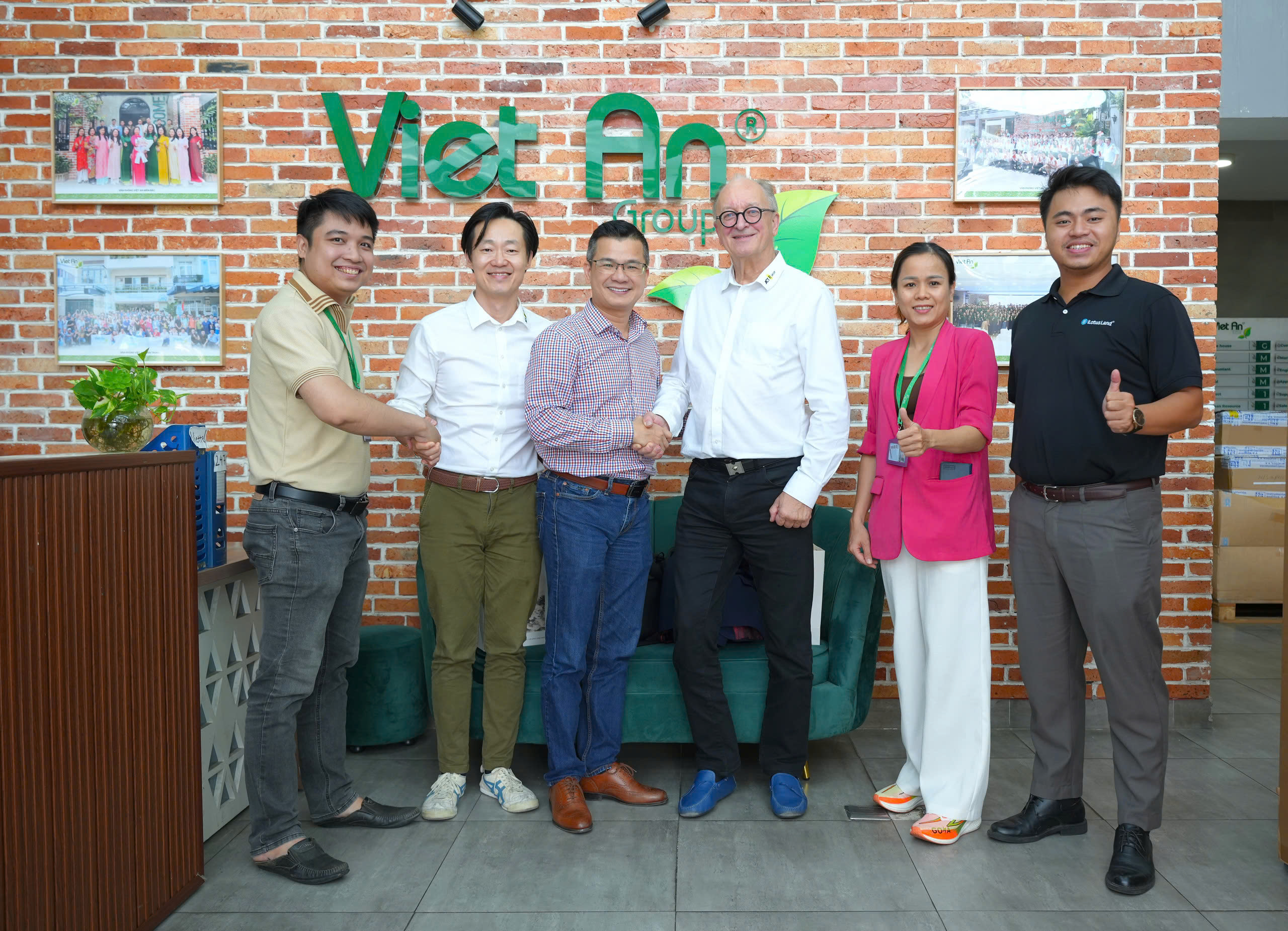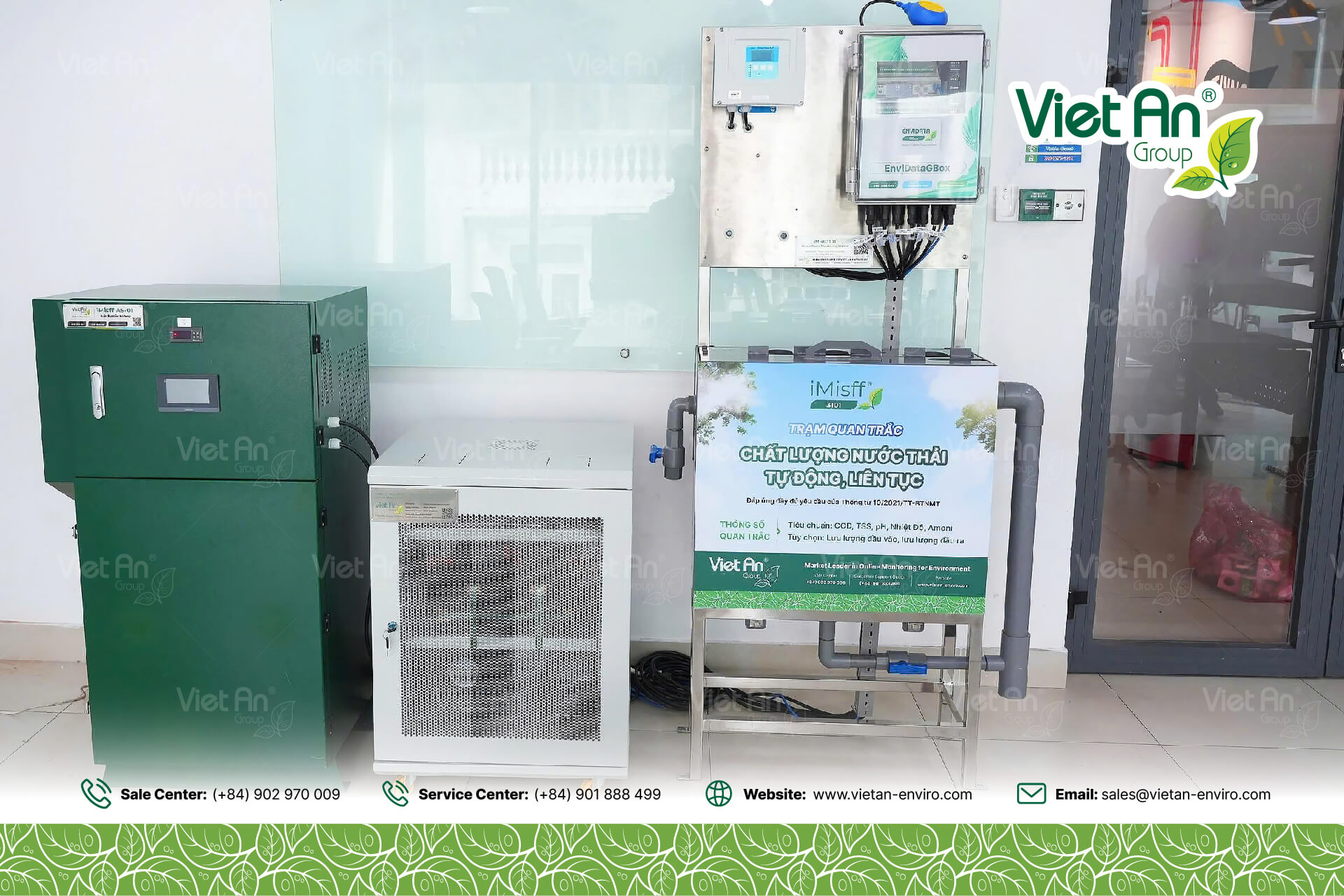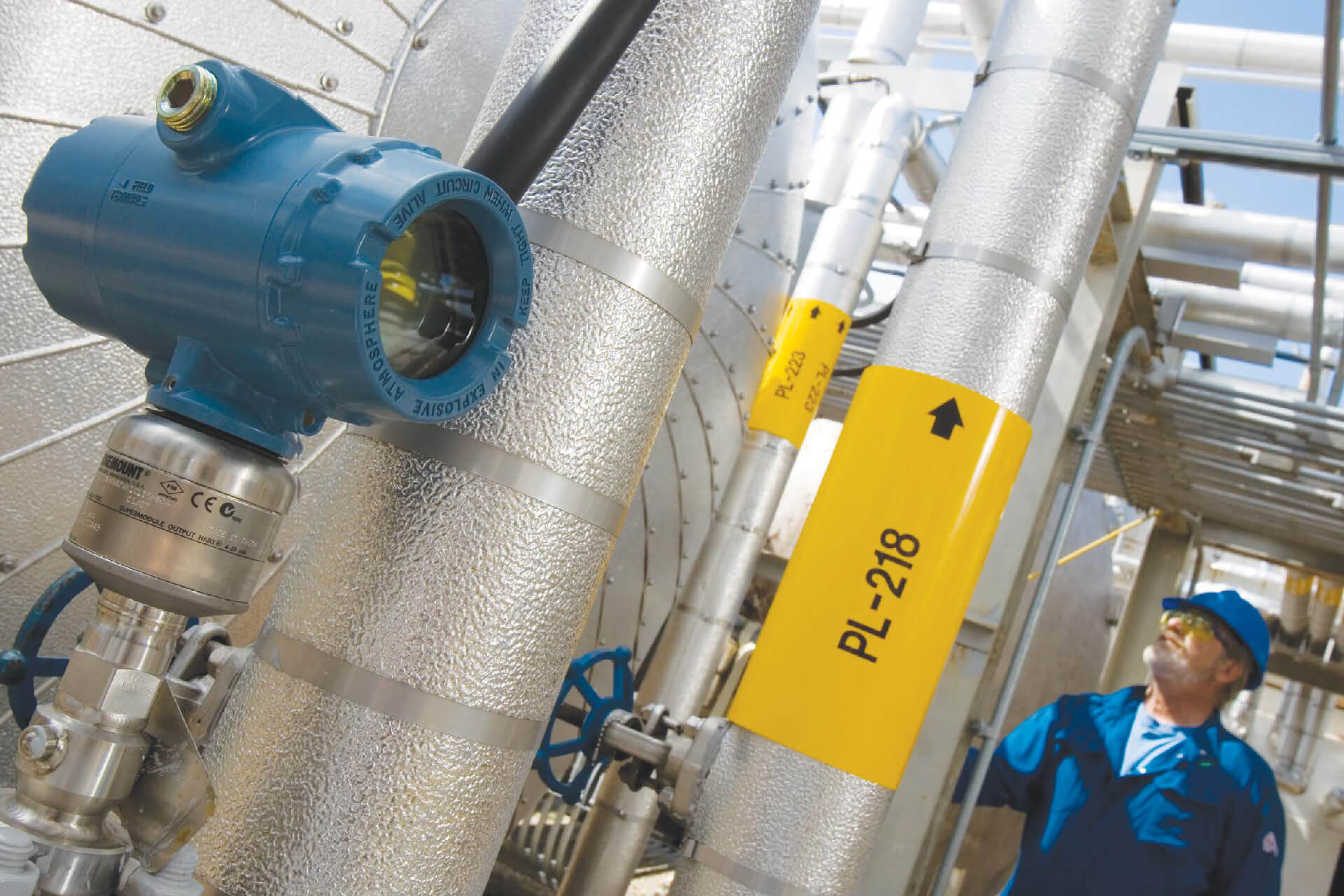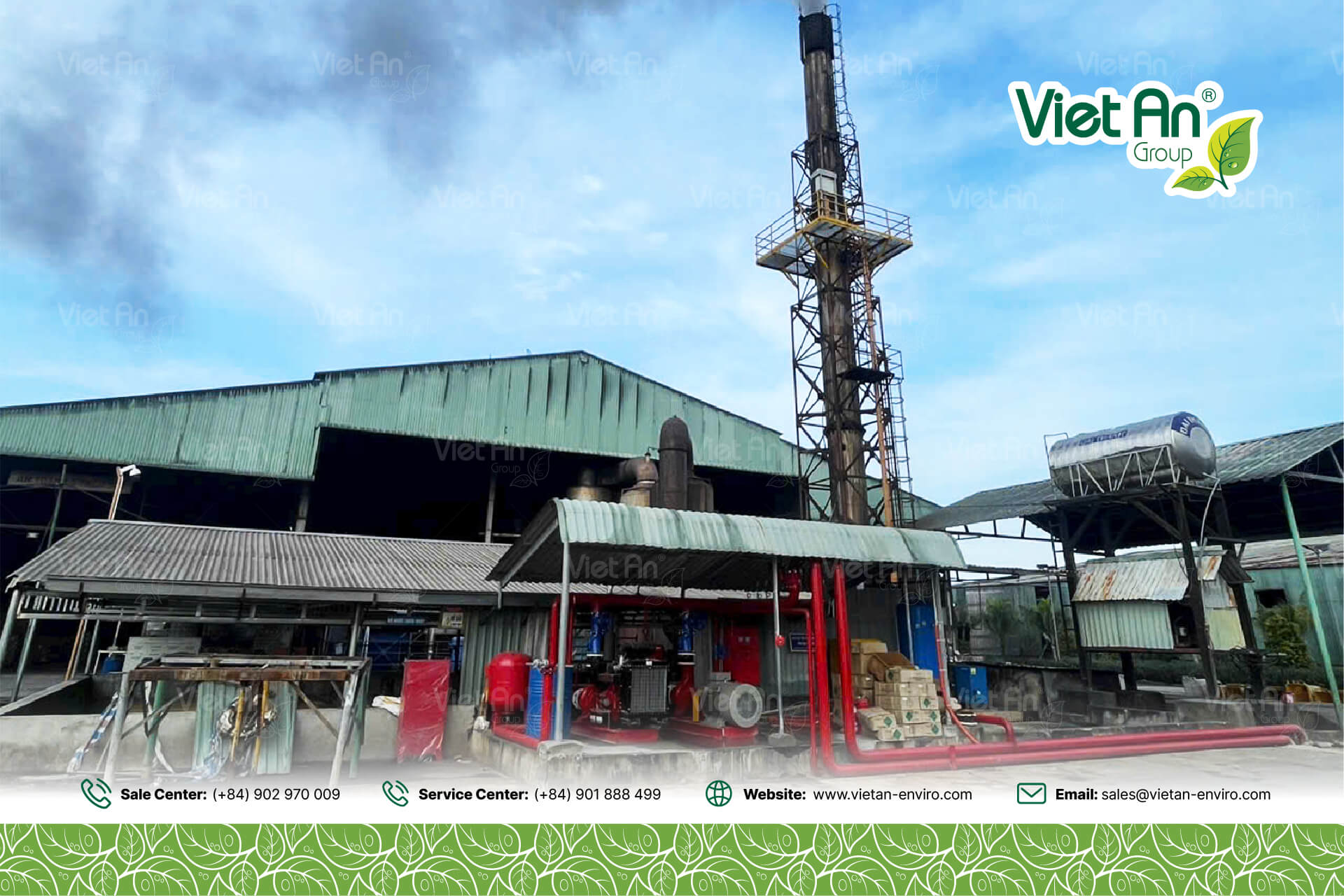Trong kỷ nguyên công nghiệp hóa, bài toán về môi trường làm việc an toàn và hiệu quả luôn là mối quan tâm hàng đầu của các doanh nghiệp. Đặc biệt, vấn đề ô nhiễm particulate Matter, một hiểm họa tiềm tàng trong nhiều ngành công nghiệp, đang đặt ra những thách thức không nhỏ.
Vậy, làm thế nào để vừa đảm bảo sức khỏe người lao động, vừa duy trì năng suất và hiệu quả sản xuất? Giám sát nồng độ bụi mịn chính là giải pháp tối ưu.
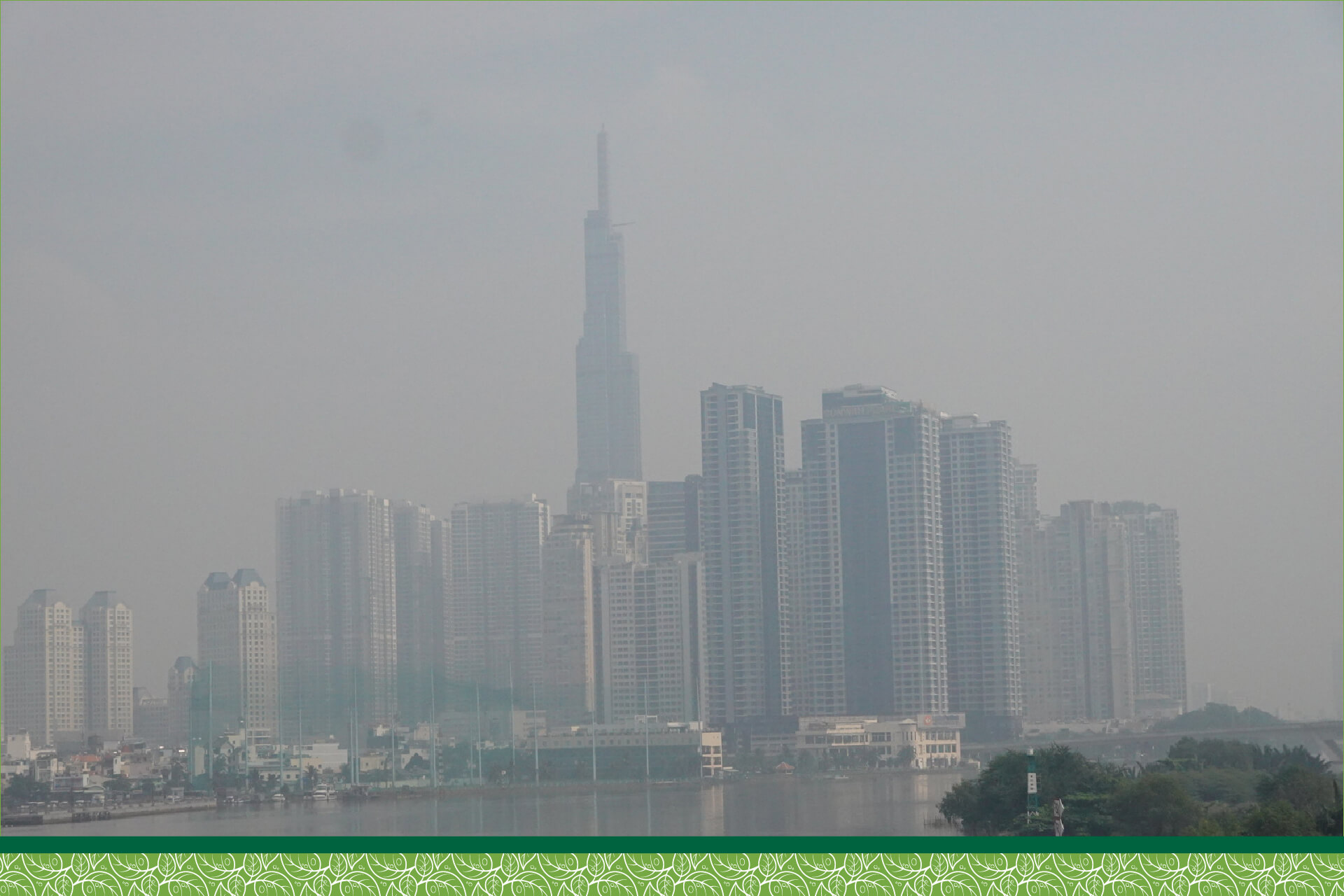
Hiểm họa tiềm ẩn và nhu cầu giám sát chất lượng không khí
Không thể phủ nhận rằng, ô nhiễm không khí đã trở thành một vấn đề môi trường nhức nhối trên phạm vi toàn cầu trong những năm gần đây, và Việt Nam cũng không tránh khỏi thực trạng này. Thực tế cho thấy, tại các trung tâm kinh tế và văn hóa lớn của đất nước như Hà Nội và TP. Hồ Chí Minh, air quality đang xuống cấp một cách đáng báo động.
Nguyên nhân chính của tình trạng này được cho là do mật độ dân số cao kết hợp với sự tăng trưởng kinh tế nhanh chóng, tạo ra nhiều nguồn phát thải ô nhiễm.
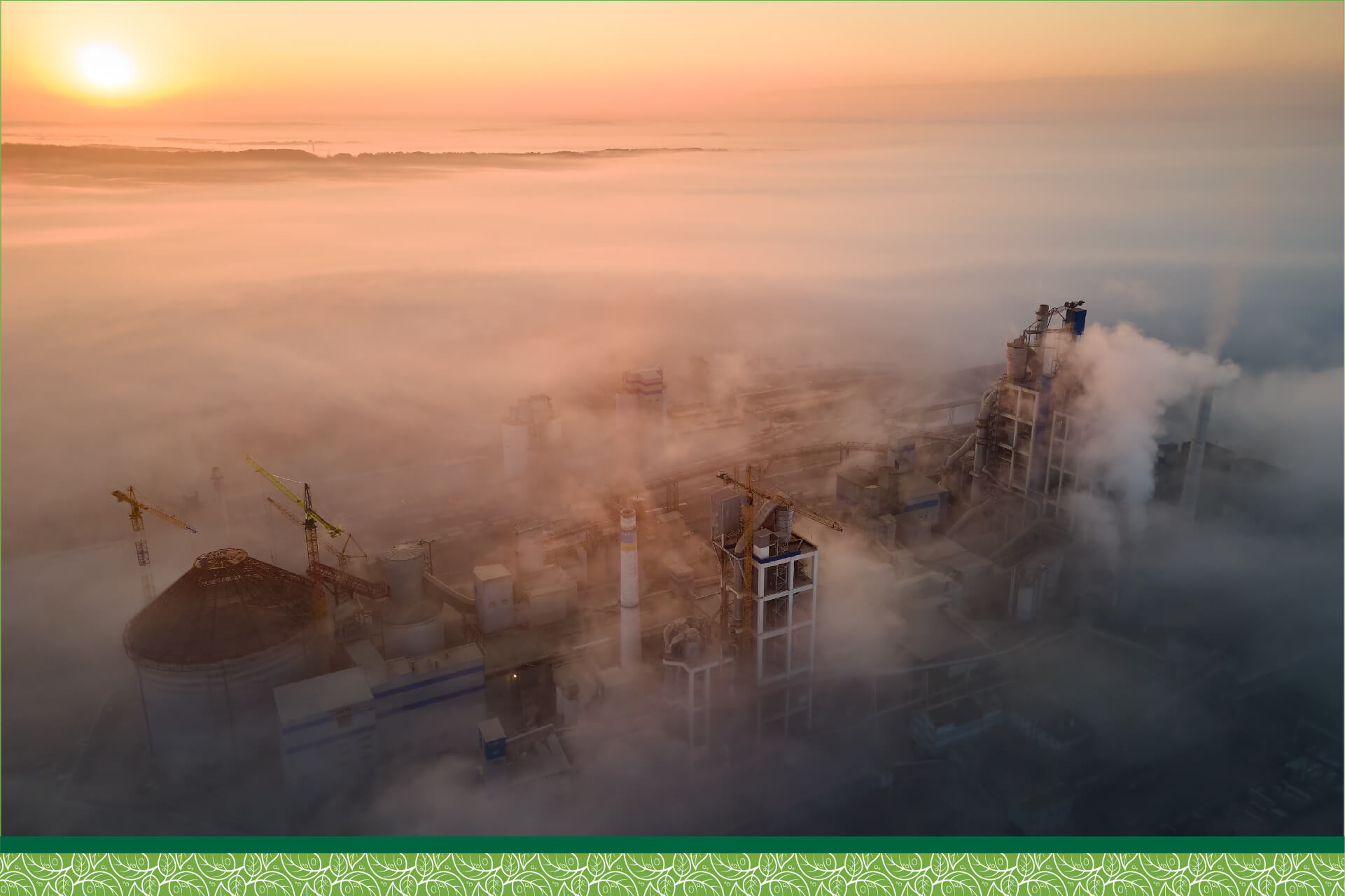
Việt An đã đặt mình vào vị trí của một công nhân làm việc trong nhà máy xi măng. Bầu không khí nơi đây luôn bao phủ bởi lớp bụi xi măng li ti. Những hạt bụi này không chỉ gây cảm giác khó chịu mà còn đe dọa trực tiếp đến sức khỏe người lao động, đặc biệt là các bệnh về đường hô hấp.
Bên cạnh đó, bụi bám vào máy móc cũng là một vấn đề nan giải, gây hao mòn thiết bị và phát sinh nhiều chi phí sửa chữa, bảo dưỡng. Thực tế này không chỉ là đặc thù của ngành xi măng mà còn là vấn đề chung của nhiều ngành công nghiệp như khai thác mỏ, chế biến gỗ hay dệt may, nơi việc kiểm soát bụi công nghiệp là vô cùng cần thiết. Do đó, nhu cầu giám sát bụi mịn trở nên cấp thiết hơn bao giờ hết.
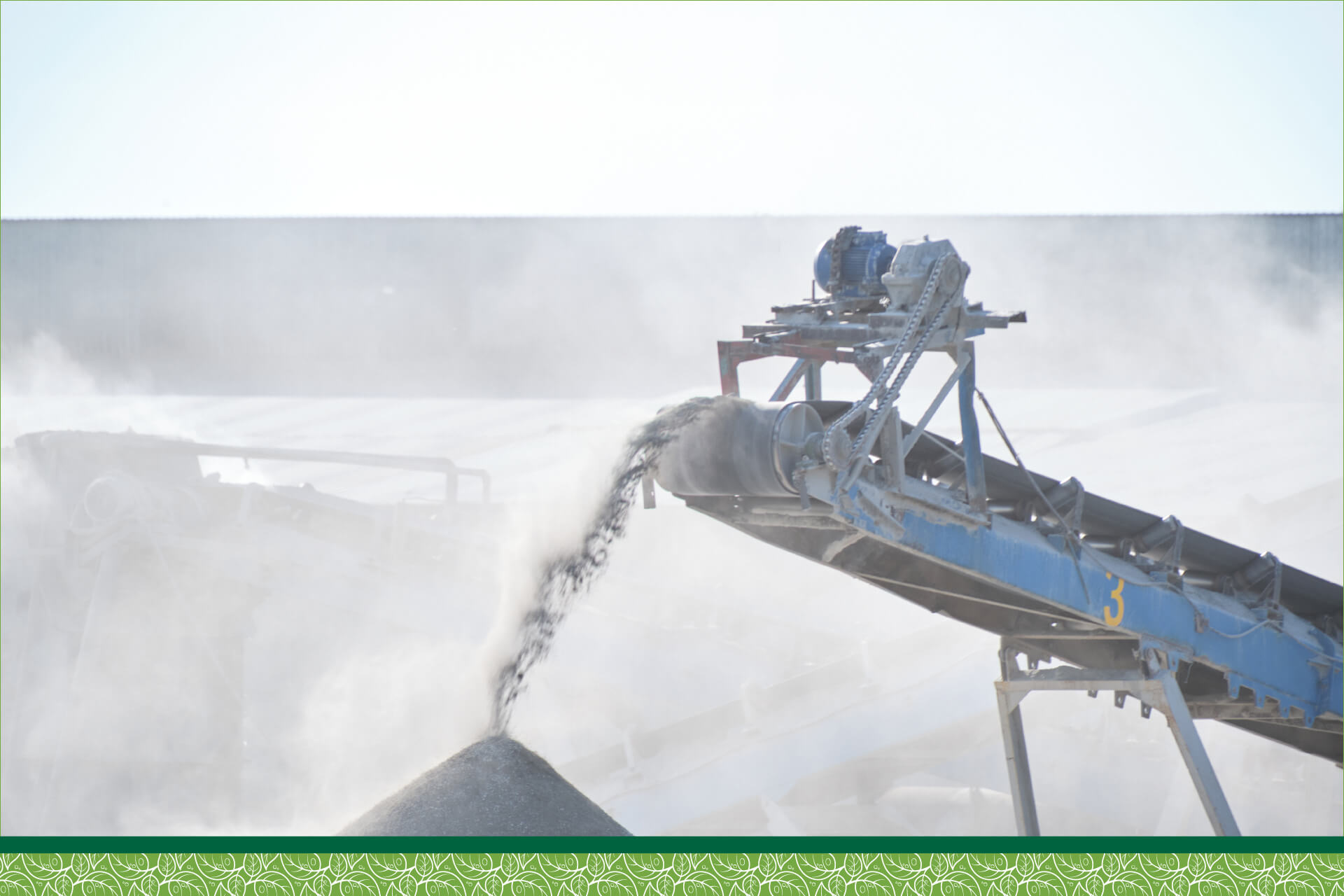
National Technical Regulations on Particulate Matter in the Workplace
Để bảo vệ sức khỏe người lao động, Việt Nam đã ban hành các quy định rõ ràng. Theo Thông tư 02/2019/TT-BYT và QCVN 02:2019/BYT, có quy định giá trị giới hạn tiếp xúc cho phép đối với 5 loại bụi chính tại nơi làm việc, bao gồm:
- Bụi amiăng: Quy định giới hạn tiếp xúc tối đa cho phép cho bụi amiăng dạng Serpentine (chrysotile) là 0,1 sợi/ml và không được phép tồn tại bụi Amphibole. Phương pháp xác định bụi amiăng được thực hiện theo TCVN 6504:1999 – Chất lượng không khí.
- Bụi chứa silic (bụi silic): Quy định nồng độ silic tự do trong bụi toàn phần tối đa là 0,3 mg/m³ không khí.
- Bụi bông: Quy định giới hạn tiếp xúc cho phép là 1mg/m³ không khí.
- Black carbon: Quy định giới hạn tiếp xúc cho phép như sau:
- Total coal dust: 3.0 mg/m³ (when the free silica content is less than or equal to 5%).
- Respirable coal dust: 2.0 mg/m³ (when the free silica content is less than or equal to 5%).
Việc tuân thủ các tiêu chuẩn môi trường lao động này đòi hỏi doanh nghiệp phải có giải pháp giám sát bụi mịn hiệu quả để đảm bảo an toàn.
Lựa chọn hàng đầu cho giải pháp quan trắc bụi
Trước thực trạng đó, việc giám sát chặt chẽ nồng độ bụi mịn trong môi trường làm việc là một yêu cầu cấp bách. Để đáp ứng nhu cầu này, thiết bị đo nồng độ hạt bụi liên tục ES-642 do MET-ONE (Mỹ) sản xuất đã nổi lên như một ứng cử viên sáng giá cho bài toán quan trắc bụi mịn này.
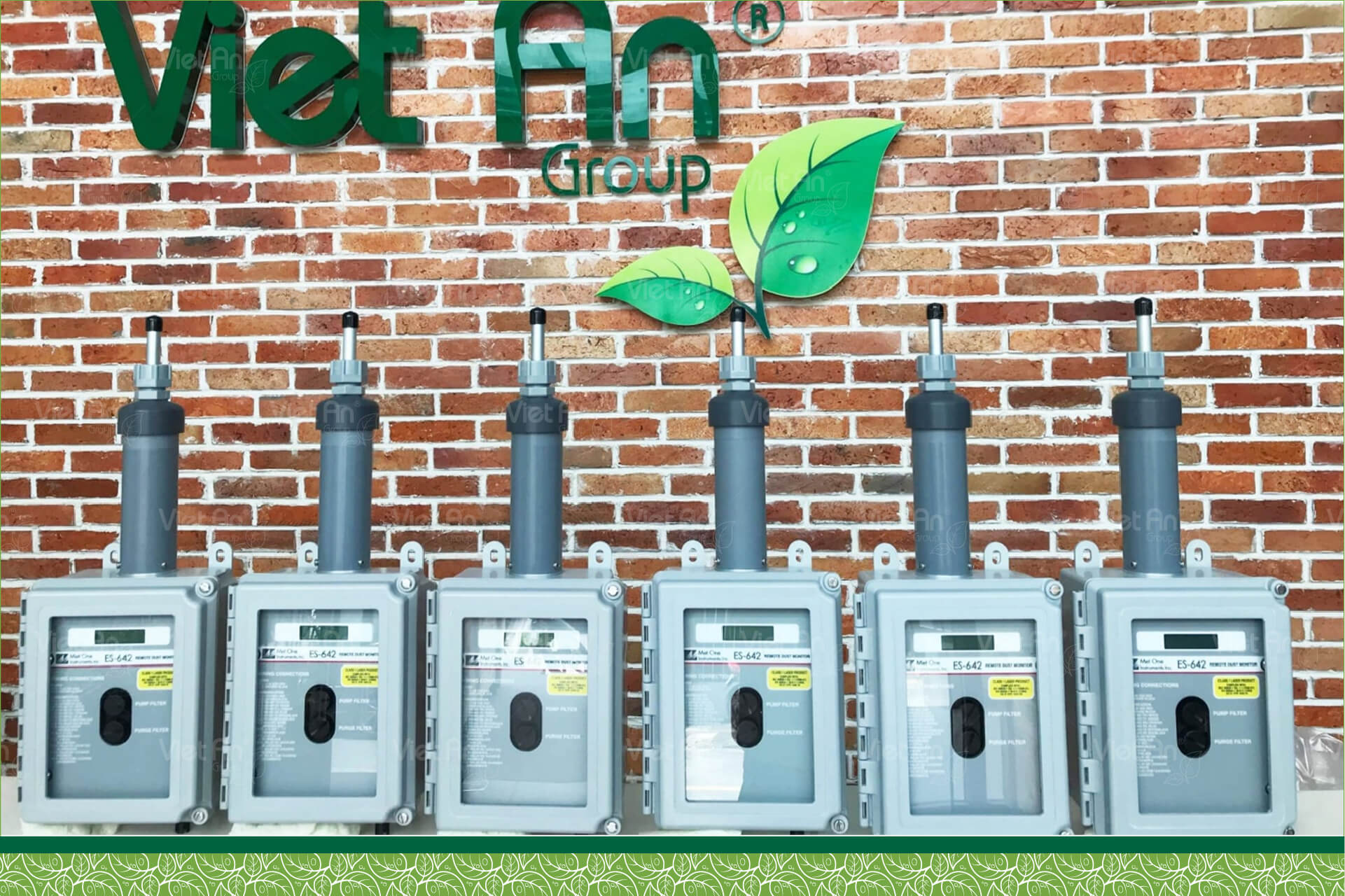
Dựa trên nguyên lý tán xạ ánh sáng laser Nephelometer, ES-642 có khả năng đo lường đa dạng các loại bụi, từ bụi toàn phần (TSP) đến các hạt bụi mịn PM10, PM2.5, PM1 với độ nhạy cao, có dải đo từ 0 – 100 mg/m³ (0 -100.000 μg/m³). Nhờ đó, doanh nghiệp có thể nắm bắt chính xác mức độ ô nhiễm bụi trong môi trường làm việc, giúp việc giám sát bụi mịn trở nên hiệu quả.
Ngoài ra, với thiết kế kiểu dáng nhỏ gọn của ES-642 giúp cho việc lắp đặt, vận hành cả trong nhà và ngoài trời trở nên đơn giản hơn. Đáp ứng nhu cầu giám sát môi trường công nghiệp đa dạng trong mọi lĩnh vực.
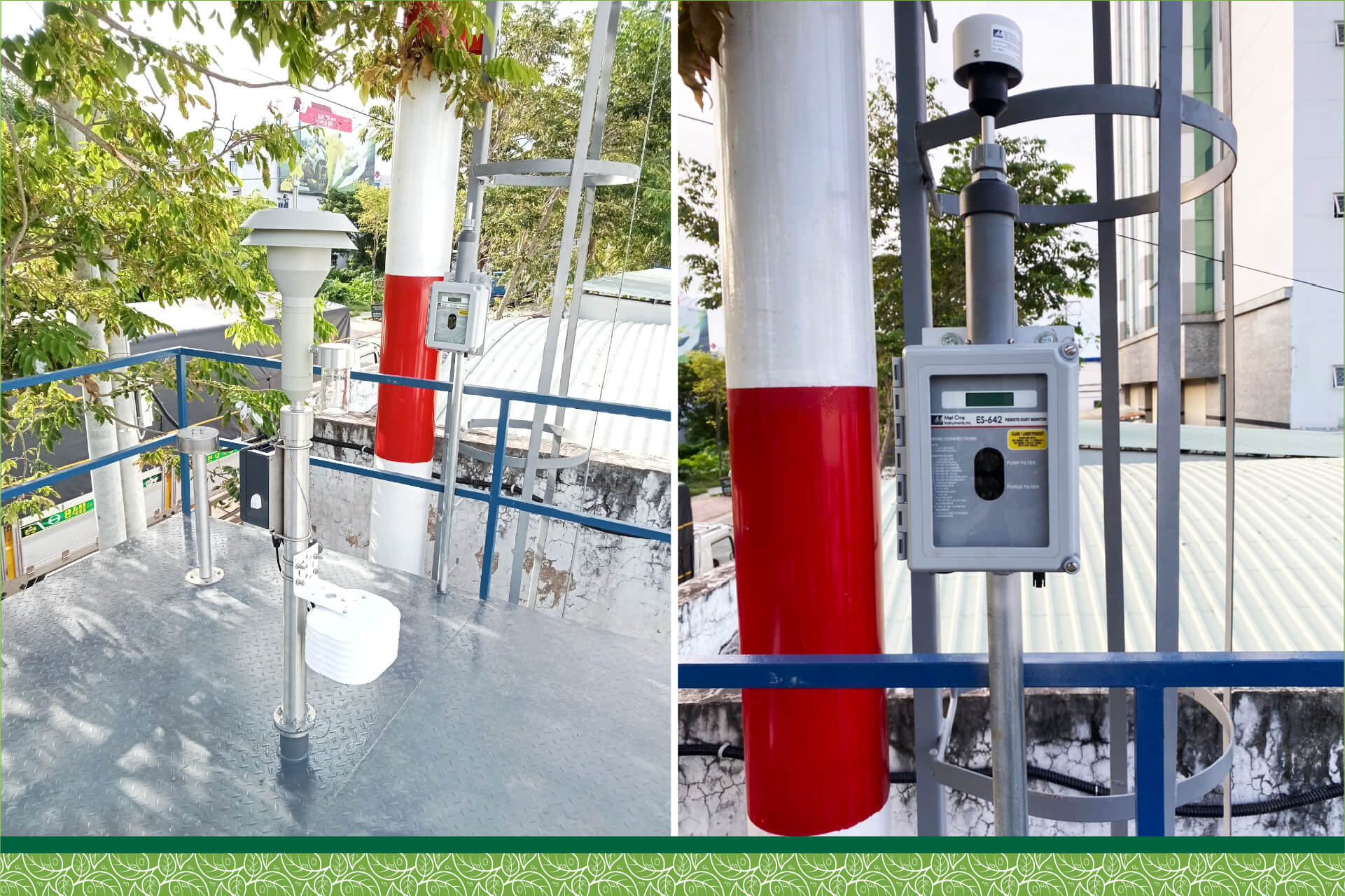
Một vài điểm mạnh nổi bật của ES-642, khẳng định giá trị trong việc giám sát bụi mịn:
- Hệ thống lọc khí: Giữ cho các bộ phận quang học luôn sạch sẽ để ES-642 có thể hoạt động trong môi trường khắc nghiệt mà không bị suy giảm hiệu suất.
- Tự động hiệu chuẩn điểm ZERO: Giảm độ lệch của phép đo trong thời gian dài bằng cách tự động điều chỉnh giá trị 0 mỗi giờ, đảm bảo độ chính xác cho việc giám sát bụi mịn.
- Kiểm soát độ ẩm đầu vào chủ động: Giảm sai số đo, mang lại kết quả giám sát bụi mịn đáng tin cậy.
- Màn hình LCD: Cung cấp thông tin về nồng độ hạt, tốc độ dòng chảy và trạng thái thiết bị một cách trực quan.
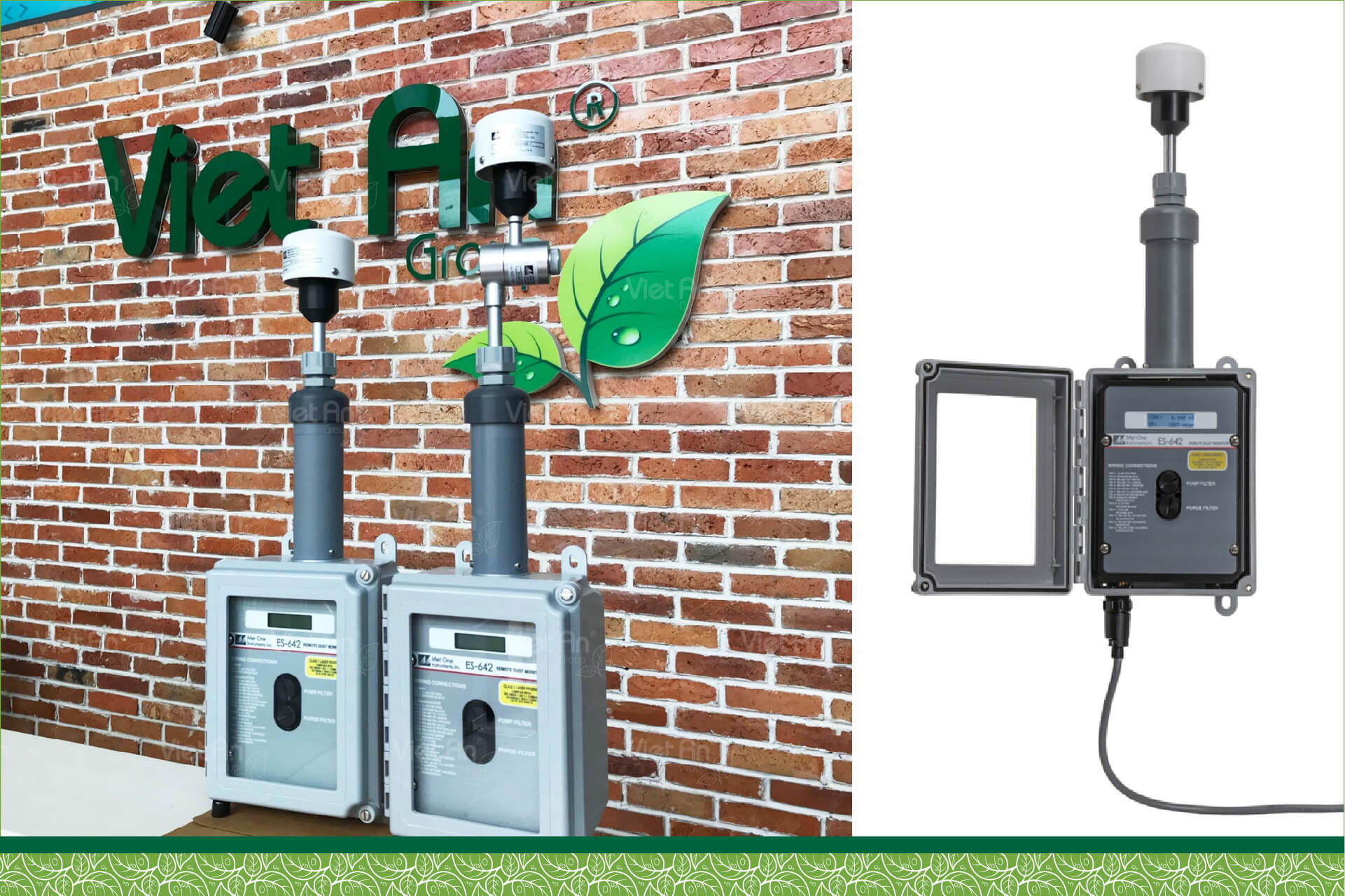
Lợi ích toàn diện cho doanh nghiệp khi giám sát bụi mịn
Việc kiểm soát nồng độ bụi và bụi mịn không chỉ đơn thuần là tuân thủ các quy định về môi trường mà còn mang lại những giá trị thiết thực cho doanh nghiệp.
Một môi trường làm việc trong lành, với việc giám sát bụi mịn hiệu quả, giúp bảo vệ sức khỏe người lao động, từ đó nâng cao tinh thần làm việc và năng suất. Đồng thời, việc giám sát và kiểm soát bụi mịn hiệu quả còn giúp tối ưu hóa hoạt động của máy móc, giảm thiểu chi phí bảo trì và kéo dài tuổi thọ thiết bị.
Hơn thế nữa, giám sát bụi mịn giúp doanh nghiệp xây dựng uy tín, nâng cao giá trị sản phẩm/dịch vụ và củng cố mối quan hệ với các đối tác khách hàng. Điều này đặc biệt quan trọng trong bối cảnh nhận thức về môi trường ngày càng được nâng cao và nhu cầu về môi trường làm việc an toàn ngày càng được chú trọng.
With over 1000 monitoring stations nationwide and 14 years of experience serving 1500 organizations and businesses, we commit to:
- High-quality equipment: 100% genuine imported from EU/G7 countries, with full CO&CQ certificates.
- Comprehensive services: Official warranty, user manuals, and operation instructions.
- Our professional service team is always ready to support customers throughout the entire process, ensuring equipment operates reliably and accurately.
Our team at Viet An is here to provide personalized advice and technical support for your environmental monitoring and industrial measurement needs. We're committed to helping you optimize your investment.
